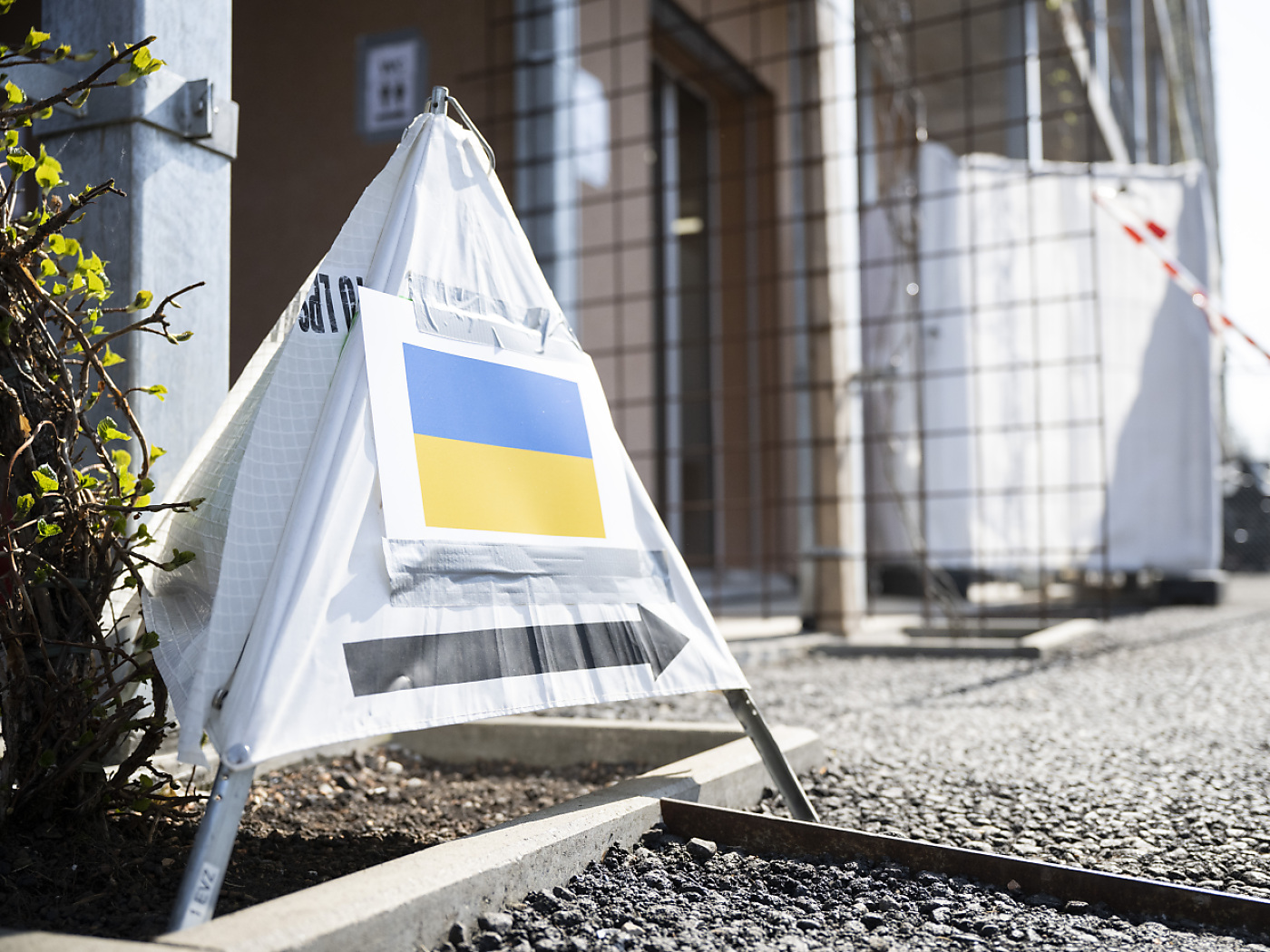
Switzerland to extend S status for Ukrainians until March 2026

The Swiss government has decided to extend the S protection status of people from Ukraine until March 4, 2026. Support measures for beneficiaries of this status are also being maintained.
+Get the most important news from Switzerland in your inbox
The government opted for an extension because the situation in Ukraine has not yet stabilised on a lasting basis, it explained in a press release on Wednesday. This measure clarifies the situation for those concerned, as well as for cantons, municipalities and employers.
+ Do Ukrainian refugees have a secure future in Switzerland?
In view of the need for further action in the field of integration, particularly in the workplace, the government has also extended the support measures. These focus on language acquisition and access to training and the job market.
The government activated S status on March 12, 2022, following the outbreak of war in Ukraine. By the end of August 2024, some 66,000 people had been granted S status in Switzerland.
Translated from French by DeepL/ts
This news story has been written and carefully fact-checked by an external editorial team. At SWI swissinfo.ch we select the most relevant news for an international audience and use automatic translation tools such as DeepL to translate it into English. Providing you with automatically translated news gives us the time to write more in-depth articles.
If you want to know more about how we work, have a look here, if you want to learn more about how we use technology, click here, and if you have feedback on this news story please write to english@swissinfo.ch.

In compliance with the JTI standards
More: SWI swissinfo.ch certified by the Journalism Trust Initiative




























You can find an overview of ongoing debates with our journalists here . Please join us!
If you want to start a conversation about a topic raised in this article or want to report factual errors, email us at english@swissinfo.ch.